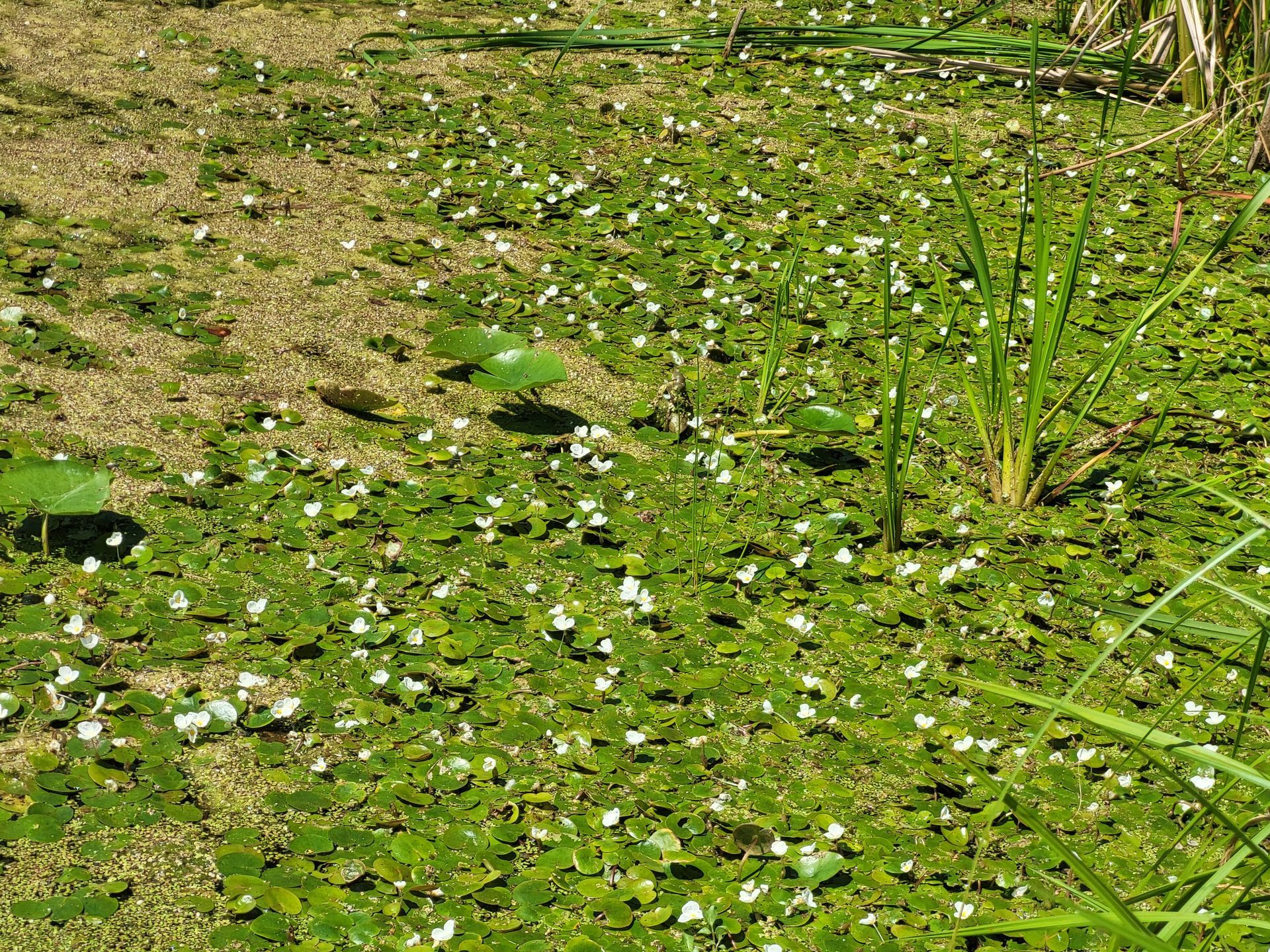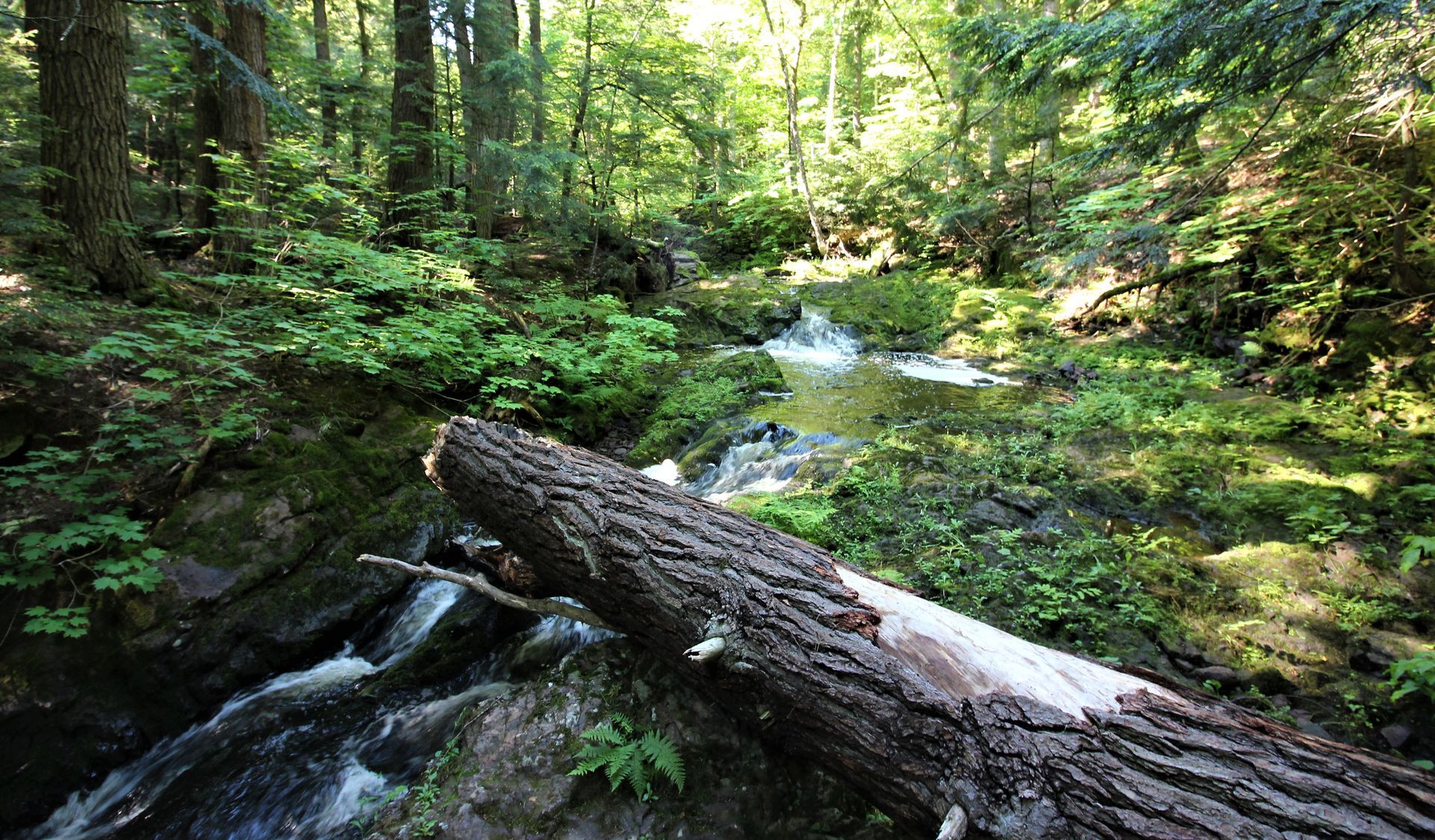Michigan Can Do More to Prevent Animal Waste from Polluting Water
The National Wildlife Federation and Michigan United Conservation Clubs are urging the state of Michigan, in comments filed today , to strengthen protections for clean water to prevent animal waste from largescale livestock operations from fouling rivers, lakes, streams and the Great Lakes. Animal waste that runs off farm fields and into local waters can fuel toxic algae, poisoning drinking water, harming fish and wildlife, killing dogs, and hurting tourism.
“The state of Michigan has taken a critical step in proposing new requirements to prevent confined animal feeding operations from causing environmental harm,” said Gail Hesse, director, Great Lakes water program, for the National Wildlife Federation . “However, we ask that Michigan do more to protect the health of our communities, by preventing animal waste from running off of farm fields and polluting our drinking water. The state can and should do more to bolster protections to protect our drinking water, environment, and economy.”
Michigan United Conservation Clubs (MUCC), the Michigan affiliate for NWF, passed a 2013 member-driven resolution advocating for education and cooperation between all jurisdictions involved and that best management practices be implemented to reduce nutrient discharge from point and nonpoint sources into the waters of the Lake Erie watershed.
“Algal blooms extend much further than unsightly sludge and ‘do not swim’ advisories,” said Amy Trotter, MUCC executive director. “Blooms are harmful to the aquatic ecosystem and cause a negative perception of the fishery, which can impact charter boat trips, sport anglers, tourism and recreationists — all economic drivers for the region.”
In their comments , the National Wildlife Federation and Michigan United Conservation Clubs wrote: “Michigan’s draft permit is a step in the right direction, but should be strengthened to ensure that animal waste does not pollute the state’s waters. We encourage the state to incorporate common-sense solutions into the permit to strengthen protections for the water we all depend on.”
The state of Michigan is taking comments on its draft permit to deal with animal waste from large-scale livestock operations—so-called concentrated animal feeding operations, or CAFO’s.
The National Wildlife Federation and Michigan United Conservation Clubs support the strong reporting requirements in the permit to help professional environmental staff with the State of Michigan create strong systems to prevent nutrient pollution.
However, the conservation groups provide several recommendations to strengthen the permit to prevent water pollution. Those include:
- Longer storage requirements (from six months to 12 months).
- Prohibition of winter application of animal waste on frozen, snow-covered or saturated ground based on specific definitions of those terms (rather than the proposed calendar-based approach).
- Stronger protections to prevent the disposal of animal waste on land that has large concentration of nutrients in the soil.
- Restriction on the application of animal waste in watersheds with impaired waters, not just those that have mandated pollution-reduction plans (known as TMDLs).
- More focused sampling requirements, especially during and after rain and snow-melt events—times that are known to cause increased runoff pollution.
Concentrated animal feeding operations are large-scale livestock operations that house hundreds, thousands, or millions of animals, such as cows, pigs, and chickens. The animal waste produced at these facilities is enormous – equivalent to small towns or cities. Industrial livestock operations often dispose of the animal waste by spreading it on farm fields as fertilizer. Rain and snowmelt can wash excess animal waste off farm fields and into local streams, rivers, lakes, and the Great Lakes, where it can cause severe pollution, including toxic algae outbreaks that foul drinking water and threaten public health.
The post Michigan Can Do More to Prevent Animal Waste from Polluting Water appeared first on Michigan United Conservation Clubs.
Recent Posts



